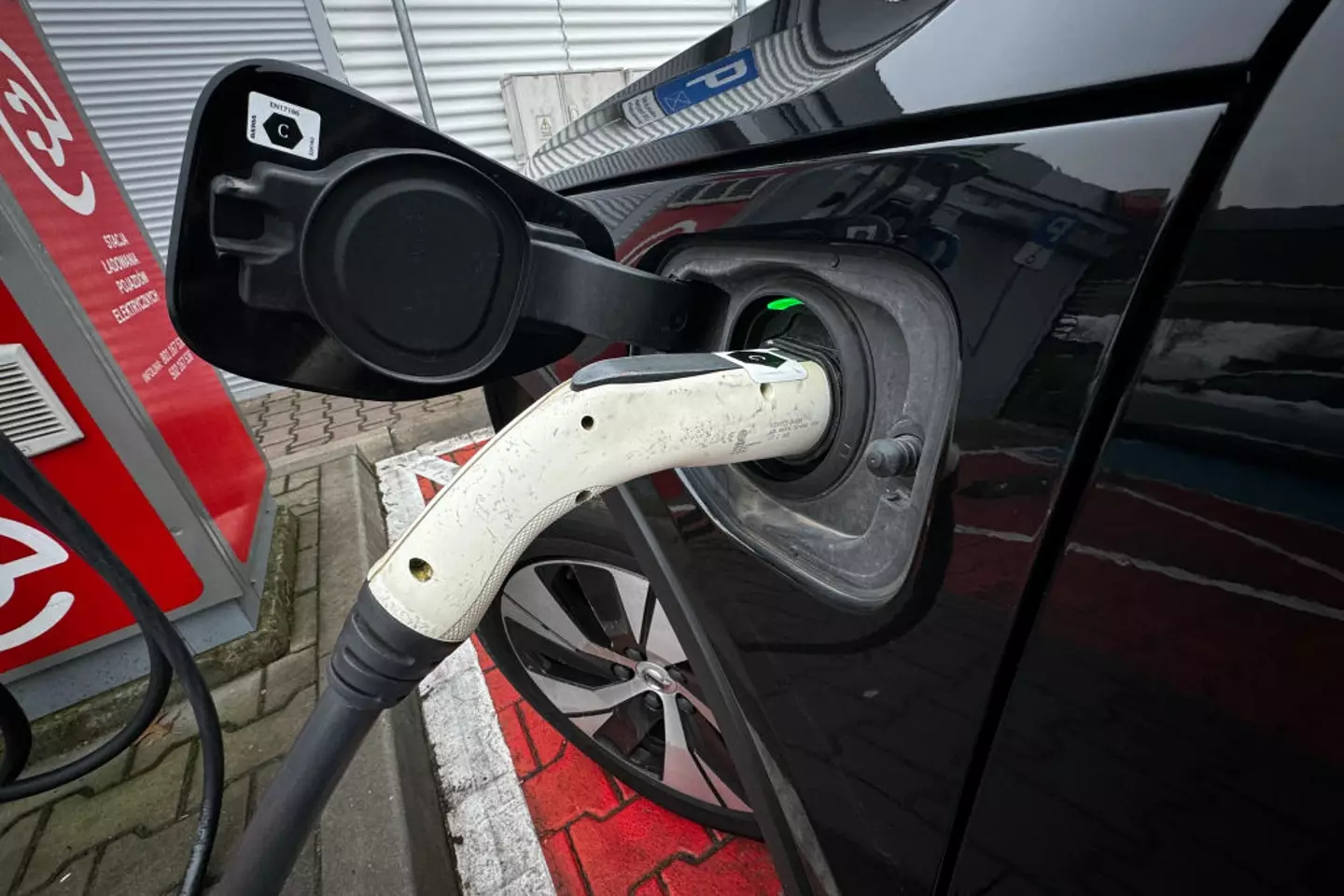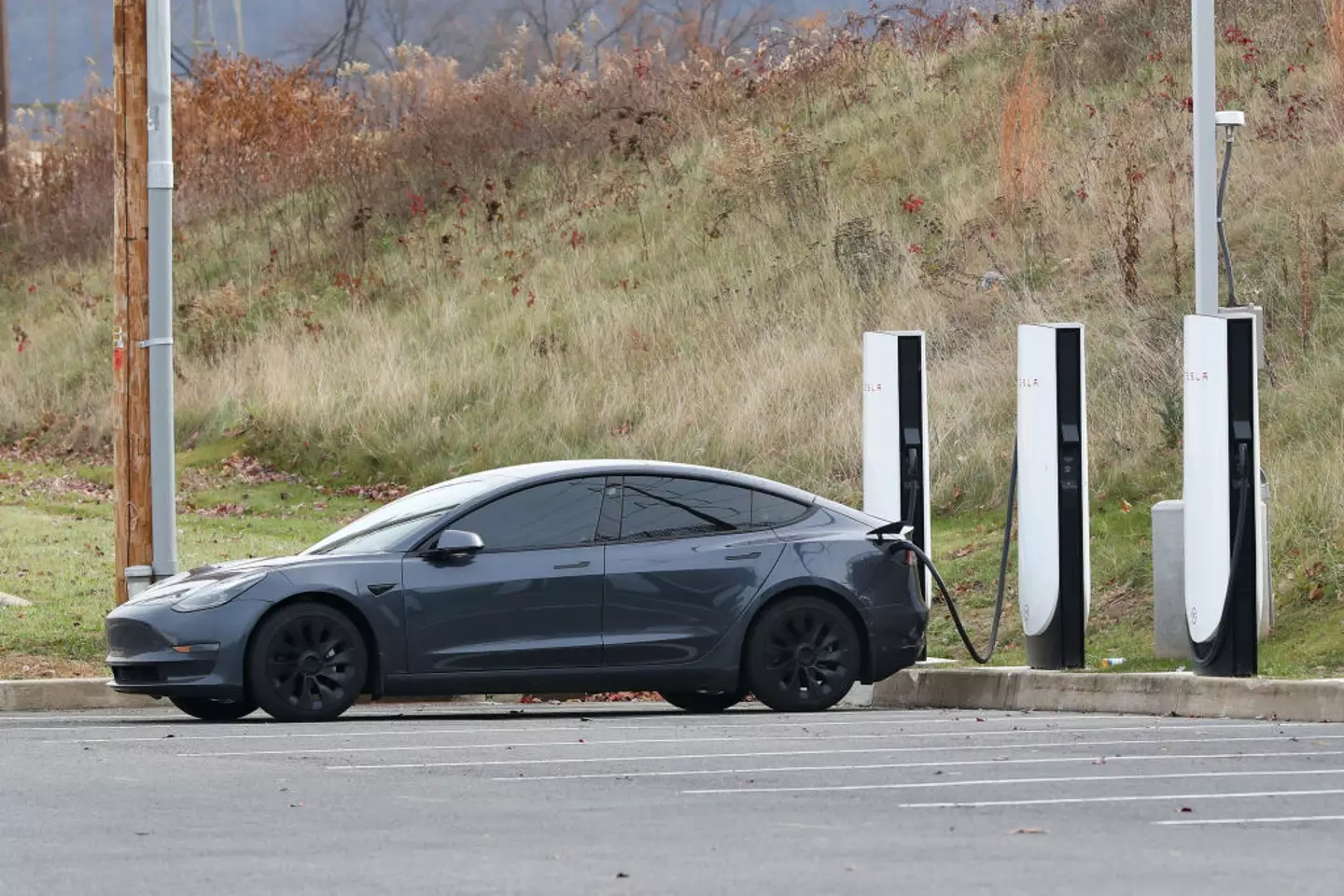
A new study shows how quickly the battery degrades in electric vehicles - and the result might surprise you.
For a long time, researchers believed rapid acceleration was bad for battery health.
But it turns out that this is not necessarily true - at least in the case of electric vehicles (EVs).
Previous studies have shown that quick bursts of acceleration and regenerative braking - where EVs recover energy while slowing down - were actually linked to slower battery degradation.
Advert
Other studies have also backed up this idea, after analysing data from thousands of EVs in real-world, commercial conditions.
Now, a 2024 report by GEOTAB researchers found that improved battery technology is leading to slower degradation. The researchers used telematic remote monitoring to get data from 10,000 EVs.

The team discovered that newer EVs lose just 1.8% of their capacity per year – an improvement from the 2.3% annual degradation rate in 2019.
Advert
But not all charging habits are created equal. And one of the biggest factors affecting battery life is how an EV is charged.
For instance, using DC fast chargers by high-use vehicles - especially in hot climates - is linked to faster battery degradation.
Whereas slower Level 2 charging is better for battery longevity, the study suggests.
Overall, the researchers found the best way to extend battery life is to keep the charge between 20% and 80%, limit exposure to extreme temperatures and limit fast charging.
Advert
Interestingly, another report from 2024 found lower degradation rates in 7,000 EV batteries that were used intensively over 3-5 years.
So, what does this mean for the EV industry?
Well, this is good news for concerned EV drivers. These results suggest EVs won't need expensive battery replacements for many more years, which means lower long-term costs.

Advert
Moreover, car manufacturers can also take advantage of this research by improving their battery management technology to optimise charging and usage conditions.
Hopefully, once the batteries are no longer usable in vehicles, they can still be repurposed to store energy for homes and businesses, potentially lasting for years in their second life.
Whilst the EV industry has faced many hurdles regarding cost, charging infrastructure and battery lifespan, studies like these might offer peace of mind to those considering transitioning to an electric car.
Elsewhere, Tesla owner Elon Musk has completed his 10-year punchline after releasing the Tesla Model Y - a fully electric mid-size SUV.
Advert
The tech billionaire has been planning this joke since the release of the Tesla Model S.